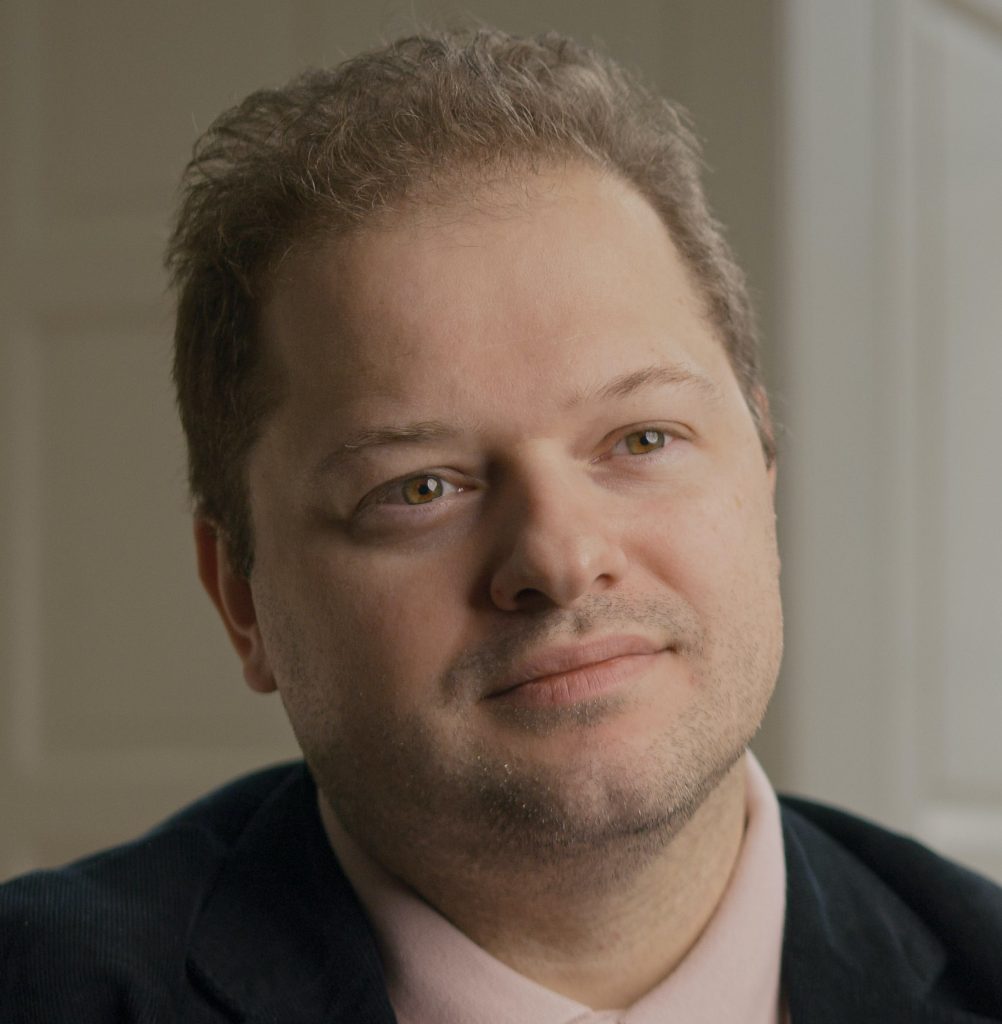Can’t We Just Be Civil? Jean-Jacques Rousseau and a Hellish Limit to Toleration

Greg Marcar is a research affiliate at the Centre for Theology and Public Issues (CTPI), University of Otago (New Zealand), where he is also a teaching fellow within the Theology program. This post is based in part on his chapter “Doubtful Civil Belief: Or, Tolerating One’s Damned Neighbours with Jean-Jacques Rousseau,” in Security, Religion, and the Rule of Law: International Perspectives (Routledge 2023).
Introduction
It has become clichéd—though no less accurate—to point out that we live in divisive times, with disparate societal groups becoming increasingly intolerant toward one another. In a 2016 interview, American social psychologist Jonathan Haidt postulates that the level of socio-political civility society within countries such as the United States has reached its lowest point since the nineteenth century.[1] This is not to claim that the depth of current social malaise is unprecedented. As Teresa Bejan (whose work is discussed below) notes, the conceptual ancestry of “toleration” discourse itself may be traced to a much more fractious point in history: namely, fifteenth-century Europe.[2] This caveat notwithstanding, it seems an apropos time to revisit an old political and philosophical issue: how should society and the State approach the issue of diversity in peoples’ fundamental beliefs? This is important because the identitarian flavor of today’s incivility/intolerance perhaps more closely resembles the religious dissension of the fifteenth century than we like to admit.



